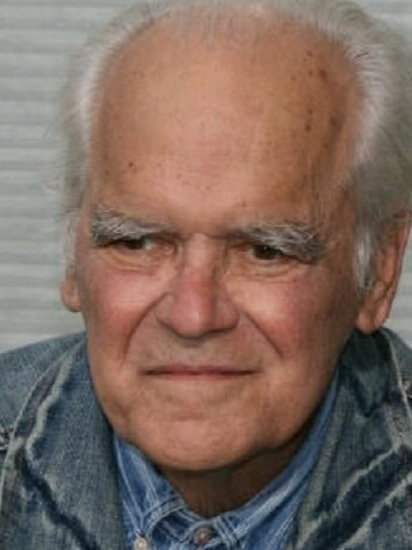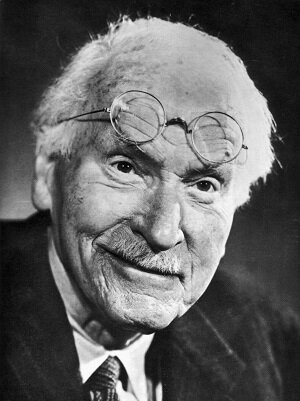
Jungian Analysis & Psychotherapy
Philosophy
Jungian Analytical Psychology recognizes that there is a potential for wholeness in each human being: It is a force that longs for freedom and wholeness. It is an urge towards completeness and self-realization similar to that of a blade of grass which manages to find its way to the sunlight even through rock and rubble. It gives life hope and meaning.
Meaning in life develops as one realizes one’s own uniqueness. Each person is like a diamond with its multiple ever-changing facets.
The essence of the journey is to become aware, to recognize and ultimately embrace all parts of oneself. It is a journey, not a goal – a journey not to perfection but to the whole of oneself, where outer and inner come together.
Awareness, patience, and, above all, a growing love and respect for one’s own complexity lead one to take conscious decisions and to become a full participant in one’s own life rather than a victim of it.
Seminars and Workshops

A Session in Brief
Each session is an hour long, offered in a safe, calm and non-judgmental space, in either French or English.
We may spend time with any pressing issue of daily life, as well as with dreams, journaling, writing, artwork or spontaneous images from the Unconscious.
My focus is to accompany someone in the discovery of new emerging forces in the psyche.
Areas of Exploration
Abuse, Trauma
Addictions: Drug, Alcohol, Gambling
Aging
Anger/Rage
Anxiety
Balancing Work and Family Life
Career/Vocation Crises
Constant Worrying
Creative Blocks: Stage-Fright, Fear of Failure
Depression
Difficulties at School/University
Fear
Grief and Bereavement
Health Issues: Personal, Family
Loneliness
Loss of Job
Loss of Creativity
Loss of Meaning and Hope
Mid-life Transition
Relationship Issues
Sadness
Sense of Failure
Sexual Orientation
Sexuality Issues
Spiritual Crisis
Stress Issues
Suicide Issues
Suicide Survivor
Terminal Illness
About Carl Jung
Carl Jung (1875-1961) was a founder of depth psychology. He believed in what he called Individuation, the force that leads a human being to become fully and uniquely herself/himself.
Some parts of the human psyche, Jung stated, may be unknown, unacknowledged, or even repressed, having been deemed shameful or unacceptable by the conscious mind. These Shadow forces can play a significant role in our lives. They can trip one into repeating damaging patterns – repeatedly falling into unwanted situations or becoming overwhelmed with emotions, with no understanding nor control. Alternatively, upon being seen as a source of discovery rather than a curse, these forces may hold potential for one’s growth. They may lead to a renewed connection to one’s wholeness.
Carl Jung’s Analytical Psychology is based on respect for the Unconscious and on a willingness to explore its forces. Jung understood that one spontaneously produces images which communicate, through symbols, the means of resolving an impasse in one’s life. These symbolic images may emerge through dreams, fantasies, daydreams, artwork or any other product of the imagination. Jung thought that it was essential for one to explore these symbolic images and discover what they represent.

Seminars and Lectures


































